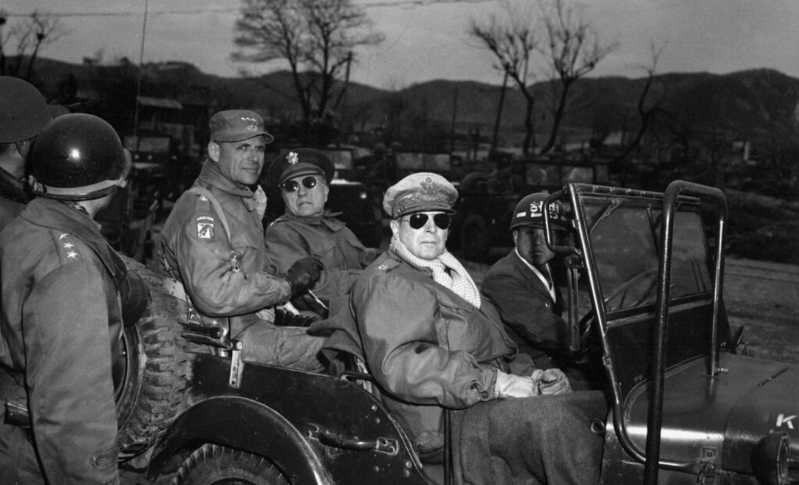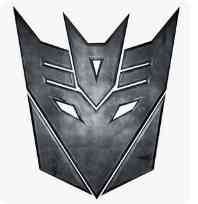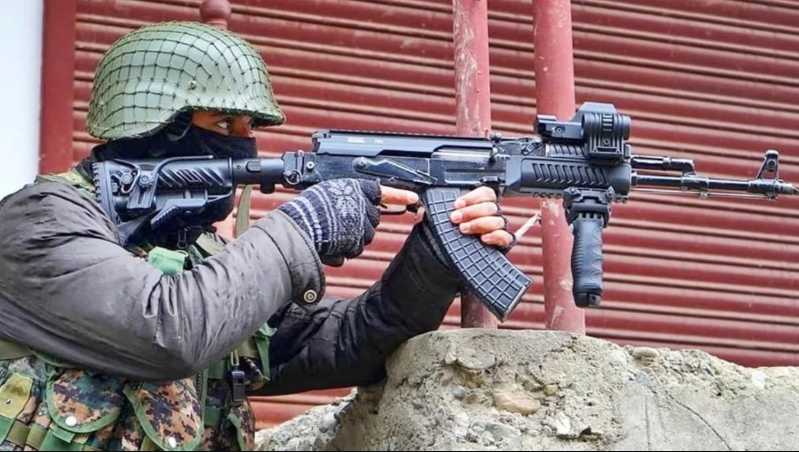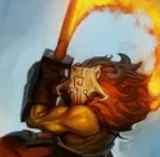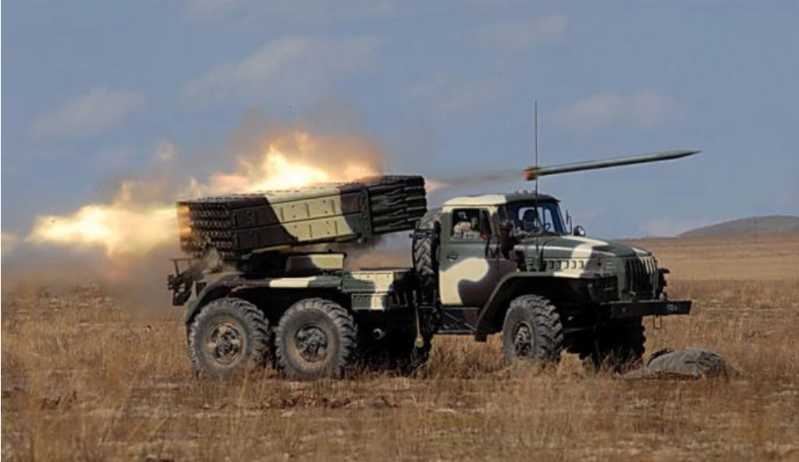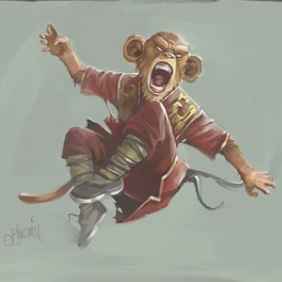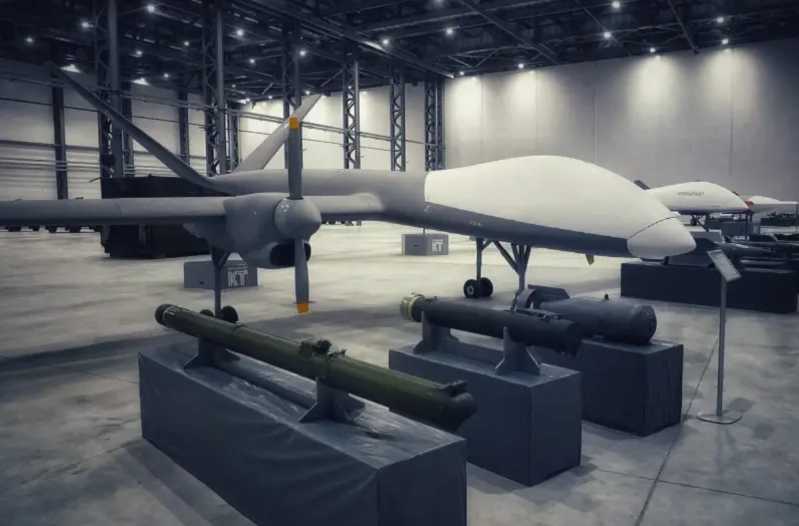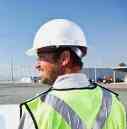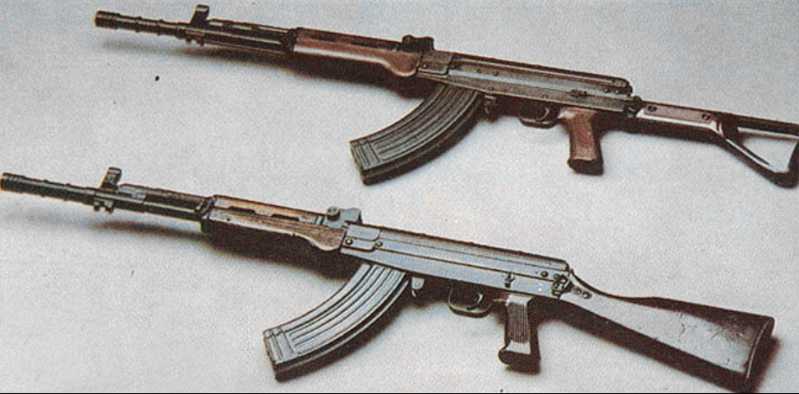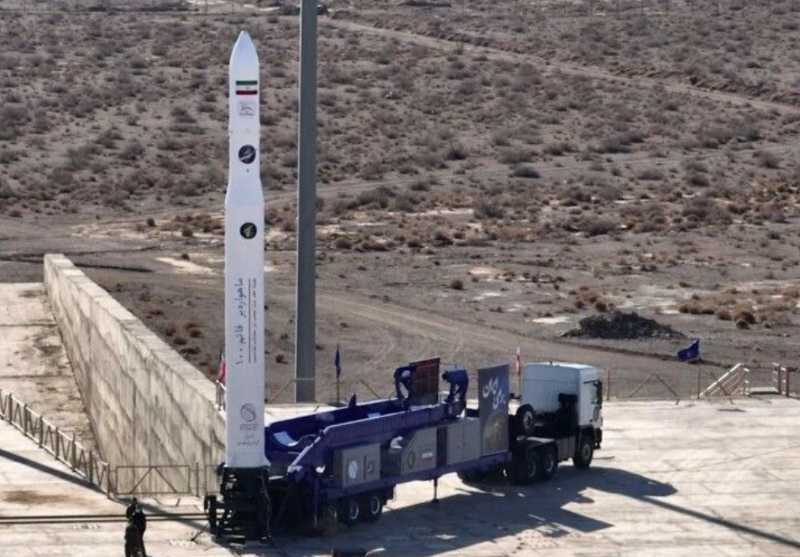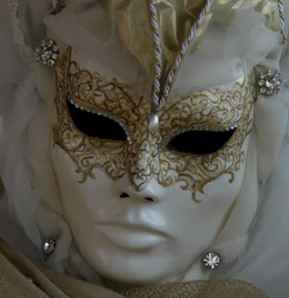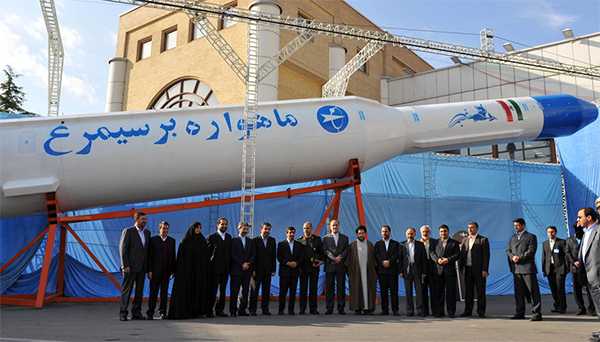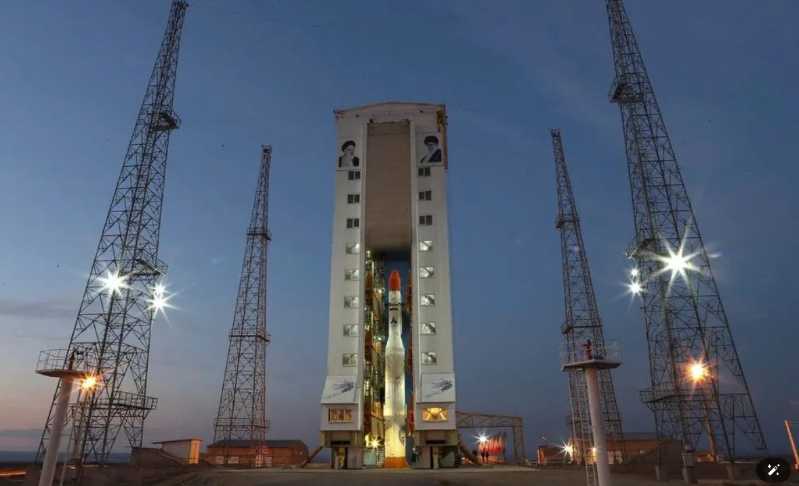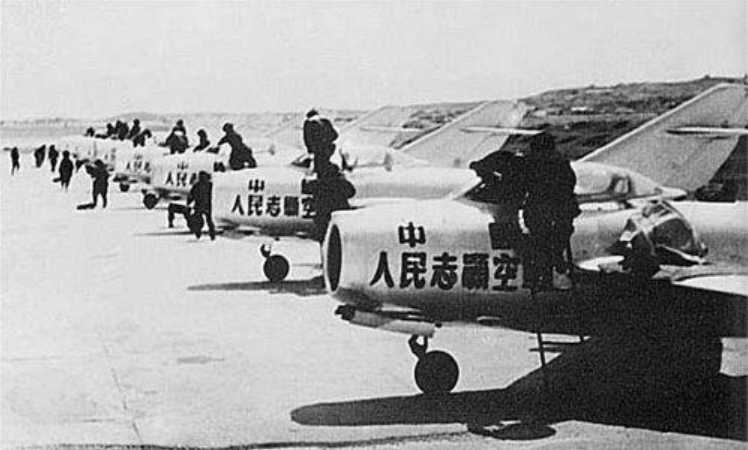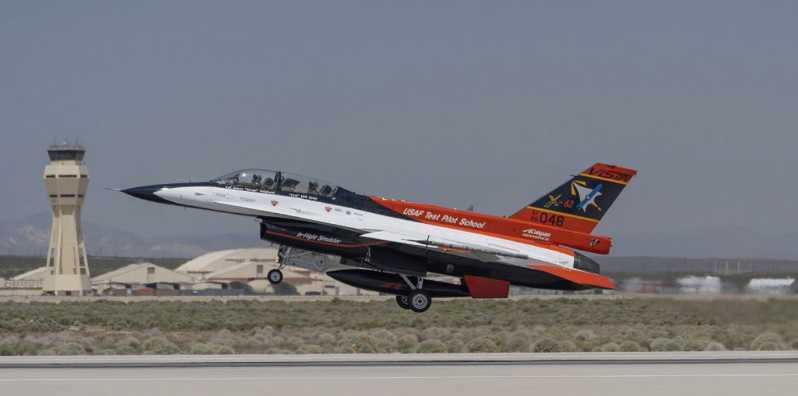On June 29, 1950, Douglas MacArthur stood on the top of a hill less than 400 meters south of the Han River. On the other side of the Han River, the burning Seoul was emitting black smoke that covered the sky, and at the foot of the mountain where MacArthur was, countless South Korean troops and civilians were fleeing in despair. MacArthur recalled the scene at the time: "The defeated and scattered army formed a terrible countercurrent, and the South Korean army was completely concerned with escaping... It was completely defeated."
MacArthur stood on the mountain for a full hour without saying a word. Then, MacArthur pointed to the Han River Bridge that had not been completely blown up, said the only sentence: "Blow it up", and then turned and went down the mountain. This was not the first time MacArthur witnessed the collapse of a country with his own eyes.
1. MacArthur
In the 1940s, Douglas MacArthur was a living legend.
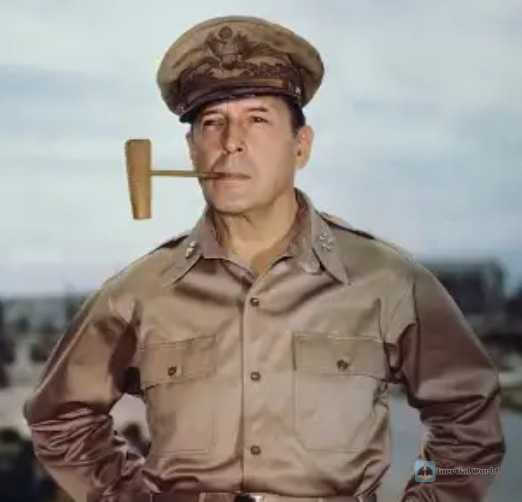
In 1880, MacArthur was born into a military family. His father, Arthur MacArthur Jr., was a lieutenant general in the U.S. Army. Influenced by his father, MacArthur aspired to become an outstanding soldier since he was a child. He soon discovered that this goal was too narrow. MacArthur was far more than an "outstanding" soldier. He eventually became one of the greatest soldiers in the history of the U.S. military. At West Point, MacArthur had already shown his uniqueness. His average score in school was as high as 98.14 points - the highest record of West Point in decades. Later, MacArthur became a member of the famous U.S. Army "Rainbow Division" and participated in the First World War with this unit. Due to MacArthur’s outstanding performance in leading the "Rainbow Division", at the end of World War I, he had become a brigadier general of the U.S. Army at the age of 38. This is fast enough for anyone, but not fast enough for MacArthur. At the age of 39, MacArthur returned to West Point and became the youngest president of West Point. A few years later, MacArthur returned to the army. Because of his outstanding performance in the Philippines, at the age of 45, MacArthur became the youngest major general in the history of the US military. At the age of 47, MacArthur completed a special mission: he served as the chairman of the US Olympic Committee and led the US delegation to achieve the best results in history. At the age of 50, MacArthur reached the peak of his career in the US Army: he served as the highest officer of the US Army and became the youngest Army Chief of Staff in the history of the United States.
After completing his term as Chief of Staff of the Army, MacArthur retired from the US Army for a time and went to the Philippines to help the country train its own army. However, the war soon called him again. In 1941, due to the serious deterioration of Japan-US relations, MacArthur and the Philippine Army were recalled to serve in the US Army. MacArthur became the commander of the US Far East and was soon promoted to the position of general. In 1942, the U.S. troops in the Philippines led by MacArthur could not withstand the powerful offensive of the Japanese army. After receiving an order from the U.S. government to evacuate alone, MacArthur fled the Philippines. When he fled, MacArthur left a famous declaration: "I shall return". In 1944, MacArthur led the U.S. troops to recapture the Philippines and put his declaration into practice.
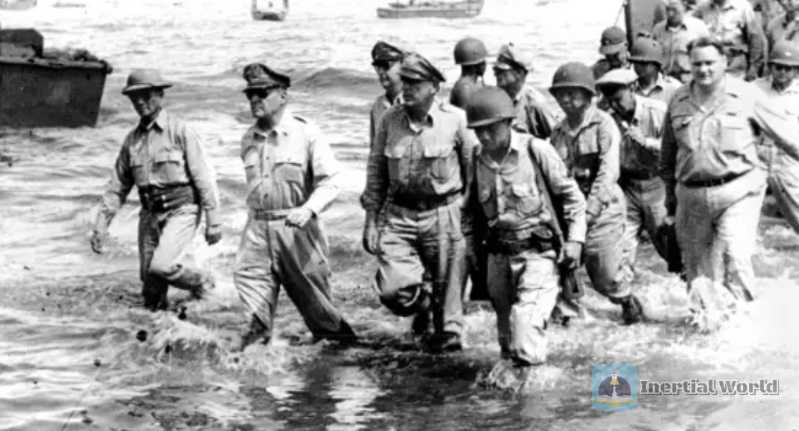
In 1945, MacArthur accepted the surrender of Japan on behalf of the U.S. military. In the following five years, MacArthur stayed in Japan to occupy and supervise the transformation work, and actually became the master of Japan. However, as if destined, MacArthur’s life seemed to always be accompanied by war.
Just when he thought he would live out his life in peace, the Korean War broke out in June 1950. MacArthur once again had the opportunity to continue his legendary career, which made the 70-year-old extremely excited. According to a reporter who met MacArthur at the time, "(after the outbreak of the Korean War) MacArthur was full of energy, his eyes sparkled, like the face of a patient with a high fever." MacArthur immediately decided to go to North Korea to take a look. When MacArthur informed his pilot that he would "fly to North Korea tomorrow", the pilot thought he was joking.
On June 29, the day after the Han River Bridge was bombed, MacArthur, the commander of the US Far East Army, took five staff officers and four reporters on his special plane "Bataan" to the Korean Peninsula. After landing at the airport in Suwon, MacArthur met the distraught Syngman Rhee and the depressed Chae Byung-deok. As if seeing a savior, Syngman Rhee told MacArthur that "South Korea has reached the most critical moment" and asked the United States to lend a hand immediately. Afterwards, MacArthur asked Chae Byung-deok, the highest commander of the South Korean army, about the war situation, but Chae Byung-deok hesitated and could not give any meaningful information. When MacArthur heard that Cai Bingde was already talking nonsense, "South Korea can still mobilize one million young people to join the army," he could no longer listen. He said to the people around him, "Let’s go to the front line and take a look." Everyone around him advised MacArthur not to go. 20 kilometers to the north was the front line where the two armies clashed. Now no one knew what the situation was like, and MacArthur might bump into the faces of North Korean soldiers. However, no one could persuade this stubborn commander. MacArthur said without question, "The only way to judge the situation is to see the actual combat troops." So MacArthur, the commander-in-chief of the entire Far East US military, brought only a small number of military police, a few accompanying personnel and a few reporters, and came to the south bank of the Han River in the face of the chaotic crowd fleeing south.
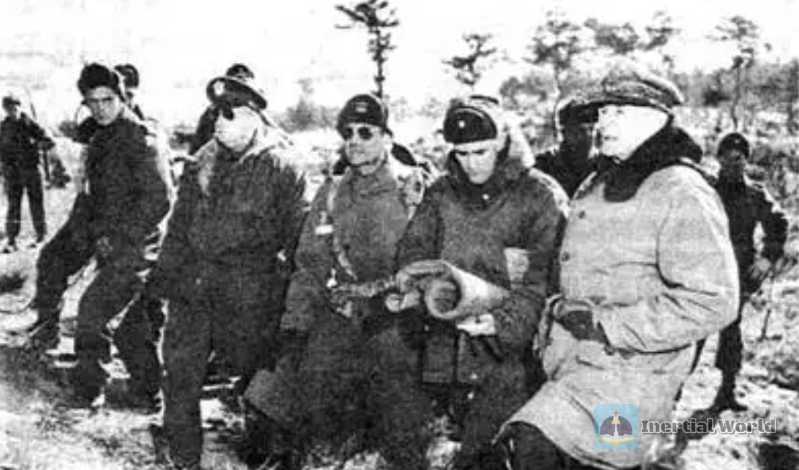
MacArthur, who once lost the entire Philippines, was also "experienced" in the collapse of a country. After only one hour on the front line, MacArthur came to a very clear conclusion: If the United States did not intervene, South Korea would soon be finished.
General Whitney, who was accompanying him, later recalled:
"The sky was filled with the whistling of ricochets, and the stench was everywhere, showing the desolation of the battlefield after the disaster. All the roads were crowded with groups of tortured and dusty refugees. This scene was enough to convince MacArthur that South Korea’s defense potential had been exhausted. Nothing could stop the Communist tank column from Seoul along the few intact roads to Busan at the southern end of the peninsula. At that time, the whole of Korea would be theirs."
After getting all the information he needed, MacArthur turned back to Suwon Airport. Before leaving for Tokyo, MacArthur said to Syngman Rhee: "You’d better change the commander-in-chief." Although the army was still in chaos, Syngman Rhee still implemented MacArthur’s "suggestion" very resolutely: he immediately replaced the South Korean commander-in-chief Cai Bingde and replaced him with Ding Yiquan as the chief of staff of the South Korean army. After MacArthur returned to Tokyo, he immediately sent a telegram to the US government: The United States must send ground troops, otherwise it will wait for failure in Korea and even the entire Asian continent.
2. Joining the war
Since the outbreak of the Korean War, US President Truman has been busy. After hastily dispatching the navy and air force and boarding the war train in Korea, Truman’s first thing was to rush to the United Nations for authorization - it is a violation of international law to send troops without authorization.
On June 27, 1950, US time, the United States proposed to the United Nations "recommending UN member states to provide the Republic of Korea with the necessary assistance to stop armed attacks and restore international peace and security in the region" - translated into human language, it is "recommending the United Nations to send troops to help South Korea". The motion was passed that evening with 7 votes in favor, 1 vote against, and 2 abstentions. After the United Nations passed the resolution, it not only meant that the United States’ armed intervention in North Korea had been legalized, but also meant that the actions of the US military had won the support of all member states of the United Nations. The US military transformed itself into the "United Nations Army", and North Korea became the "enemy" of dozens of countries overnight. It is worth noting that the Soviet Union, one of the five permanent members of the Security Council, was absent from such an important discussion on the Korean War. A few months before the outbreak of the Korean War, the Soviet representative proposed a motion to "expel the Kuomintang from the UN Security Council" at the United Nations, but it was rejected. After that, the Soviet representative announced his withdrawal from the Security Council to express his boycott. On June 27, the Soviet representative still did not return to the UN Security Council, and as a result, he did not participate in this important decision.
After the authorization of the United Nations, Truman finally had time to start thinking carefully about what to do with the mess in North Korea. The news from the front line was worse than the other. Anyway, it was either collapsed here or lost there. The South Korean army that the US military had spent several years to build was as vulnerable as paper. An obvious fact is that the US Navy and Air Force alone are no longer enough to save North Korea’s defeat. The only friendly message came from an unexpected place. Chiang Kai-shek in Taiwan sent an urgent telegram to the United States, saying that Taiwan had a large number of veterans who had experienced many battles and were ready to go to Korea at any time. Among them, 32,000 people were ready and could board the ship within 5 days.
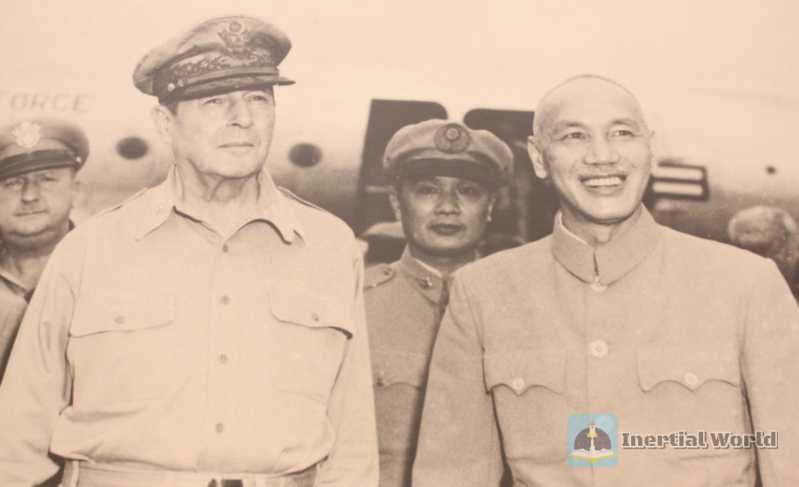
Truman was quite interested in this news: someone was going to die instead of the Americans, and Truman was of course very welcome. Moreover, letting Chiang Kai-shek help the Americans fight was really no psychological pressure, and it was also a little compensation for the countless investments that the Americans lost in Chiang Kai-shek. However, Acheson soon woke up the dreamer with a word: "Wake up, if you let the Kuomintang army go to Korea, isn’t it equivalent to forcing China to send the People’s Liberation Army there!" Thinking of the Kuomintang’s glorious record against the People’s Liberation Army, Truman felt dizzy and quickly gave up this idea.
At this time, MacArthur’s report "requesting the deployment of ground troops" was already on Truman’s desk. This is an extremely long telegram. In the telegram, MacArthur said that the South Korean army had "completely lost the ability to fight back" and that the US ground forces must be deployed in the Korean combat zone, "otherwise a lot of lives, money and honor will be wasted". Although he was very pessimistic about the situation on the Korean Peninsula, MacArthur was full of confidence in the combat effectiveness of the US military. He told reporters in Japan: "Just give me two US divisions and I can defend Korea."
On the morning of June 30, Truman held a formal meeting in the White House to discuss and clarify the next strategy of the US military in Korea:
1. Reject Chiang Kai-shek’s request to send troops to participate in the war;
2. Agree with MacArthur’s opinion and send two US divisions to Korea to participate in the war.
3. Smith Task Force
On the evening of June 30, the US Army Command issued an order to dispatch ground forces to reinforce South Korea. The 24th Division of the US Eighth Army stationed in Japan became the first batch of troops to reinforce Korea.
However, the Korean War broke out very suddenly. The 24th Division, which had long been the Japanese occupation army, was basically in a state of being left alone. This division, which had a strength of about 18,000 people, was short of 5,000 people at this time. A large number of soldiers needed to be regrouped, and it would take some time for the entire division to be deployed.
Perhaps the US military command also realized this problem, so the 8th Army assigned a special task to the 24th Division: before assembling the entire division, first gather two companies that can fight immediately to form an advance battalion, and airlift them to North Korea as the vanguard of the entire US military to delay the momentum of the North Korean troops.
This is a task that sounds incredible: even a standard US military battalion with full equipment and personnel has less than 1,000 troops, not to mention a "advance battalion" with only two companies. What role can such a small team play in the face of a North Korean army with a total of nearly 100,000 people?
No one knows why the U.S. military made such a strange deployment. However, in MacArthur’s memoirs, one can seem to see the source of this suicide action. In his memoirs, he did not hide his confidence in the U.S. military at all: "As soon as the U.S. ground forces appeared on the battlefield, the enemy commander would immediately be terrified."
In fact, in the historical records, almost all US troops at that time held similar ideas to MacArthur - "As long as the invincible US army appears, the enemy will immediately flee, and there is no need to worry about fighting."
As a result, this already very imprudent mission was even more confused when it was executed.
The person who received this unfortunate mission was Charles Smith, the battalion commander of the 1st Battalion, 21st Regiment, 24th Division.
When the commander of the 21st Regiment gave Smith the task, he said that he knew nothing about the situation on the Korean battlefield. He just said to Smith: "Go, man, the fighting is already fierce over there."
So, Smith rushed to the airport in confusion. He met Major General Dean, the commander of the 24th Division, at the airport. Dean asked Smith to "move to Daejeon immediately after arriving in Busan, and try to keep the Korean army away from Busan." However, as the commander of the division, Dean also knew nothing about the war situation. He said to Smith: "I’m sorry that I can’t provide more information. God bless you."
The confused Smith led 406 even more confused American soldiers on a plane to Busan - in history books, this small unit is called the "Smith Task Force."
The morale of the task force was very high, but they were not sure what they were going to do. The soldiers all brought souvenirs they bought in Kumamoto. Everyone had big bags and small bags, and they talked and laughed on the plane.
As we Chinese say: at least they set off with a smile.
Four. T-34 phobia
A few days after the war, almost all Korean soldiers suffered from a special mental illness: T-34 phobia.
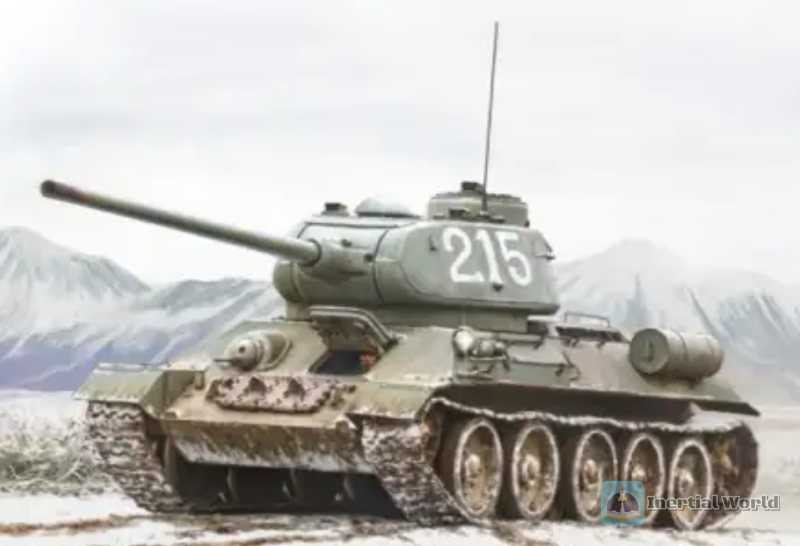
As one of the best tanks in World War II, the main advantage of the T-34 is that it has achieved the best balance between firepower, protection, mobility and easy production, not that it is particularly outstanding in one aspect. However, when facing the Korean army, which was seriously lacking in anti-tank equipment, the T-34 showed an unexpected huge advantage: the Korean army had neither armor-piercing shells nor tank mines, nor aircraft that could be used for ground combat. The only 2.3-inch anti-tank rockets had been proven in actual combat to be unable to effectively penetrate the armor of the T-34. This means that when the North Korean T-34 drove towards the Korean army, the Korean army was basically helpless.
As the Korean army suffered a huge defeat at the beginning of the war, the fear of the T-34 was constantly magnified in the Korean army. By the time they defended the Han River, this fear had become a terminal illness. This can be clearly seen from the defense battle on the south bank of the Han River: before the Han River Bridge was repaired by the Korean People’s Army, the Korean army on the south bank, although morale was low, could still fight back and forth against the North Korean infantry and had been barely maintaining the defense line. However, after the Han River Bridge was repaired on July 3, the entire battle situation took a sharp turn for the worse. As soon as the South Korean army saw the T-34 trying to pass through the broken bridge, they immediately shouted "It’s a tank, run away!" The South Korean army, which had just been fighting bravely, was defeated in an instant.
On the same day that the Han River Bridge was breached, Dean, the commander of the 24th Division of the US Army, arrived on the Korean Peninsula and became the temporary commander-in-chief of the US Army in North Korea. After consulting with the new South Korean commander Ding Yiquan, Dean decided to set the next line of defense on the Pyeongtaek-Anseong line. As you can see from the map, this line is the narrowest section in the southern part of the Korean Peninsula. If the People’s Army cannot reach here, it will be even more difficult to go south.
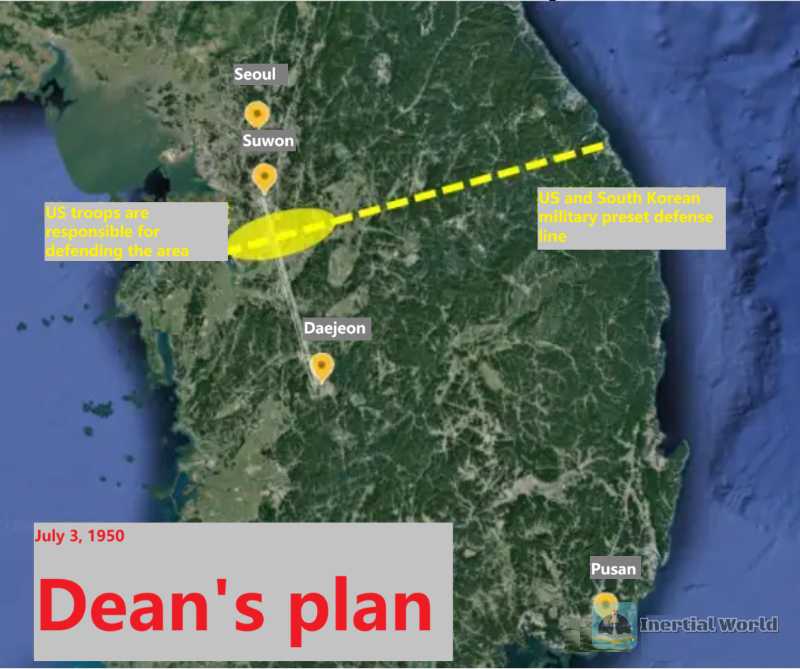
At the same time, Dean and Ding Yiquan divided the defense ranges of the US and South Korean armies: the US military was responsible for defending the main offensive direction of North Korea, that is, the road between Suwon and Daejeon; the South Korean army was responsible for the mountainous area east of the road.
On July 2, Smith’s task force arrived in Busan and met Brigadier General George, who arrived in South Korea first. George said to Smith: "In addition to trying to stop the North Korean army, your most important task is not to run away when you see a tank and give spiritual support to the South Koreans." Smith felt that the problem was not big at the time. What was there to be afraid of tanks?
Soon, with the release of the 24th Division’s combat plan, Smith finally understood his mission: Before the main force of the US military arrived in North Korea, delay the North Korean People’s Army in the south of Suwon and try to buy time for the arrival of the main force. In addition, tell the South Korean army that "tanks are not scary."
On July 4, Smith led the task force to the Osan front not far south of Suwon and set up a defensive position. After arriving at the front, Smith felt the South Korean army’s "T-34 phobia" more deeply. Almost every South Korean officer said to Smith, "It’s great that you are here. Help us stop those tanks."
Smith was almost impatient. "Come on, let me show you how powerful the Americans are."
Author’s comments
1. MacArthur’s life is very difficult to summarize. You say he can fight, but in the Philippines, it was his misjudgment that caused all the US air forces to be bombed by the Japanese at the beginning; you say he can’t fight, but he performed quite well in the late stage of World War II. In a word, his combat effectiveness fluctuated.
2. Regardless of his military ability, MacArthur’s political level is generally recognized to be not very good. During his tenure as Chief of Staff of the US Army, the famous "Pension March" occurred in the United States: in 1932, more than 10,000 veterans of World War I gathered in Washington to petition the government because of their financial difficulties, hoping that the government would pay the compensation originally scheduled for 1945 in advance, and the then President Hoover decided to clear the scene because he was worried that the veterans would cause trouble.
This is a political bombshell, but MacArthur was very enthusiastic and took the initiative to participate. As the highest commander of the Army, MacArthur personally appeared at the scene of the clearing and commanded the soldiers to burn the simple huts temporarily built by the poor veterans. He also attended the press conference after the clearing and said that he strongly supported the president’s decision to clear the field. I will not comment on it. Interested readers can search for it themselves.
3. Back to the Korean battlefield, MacArthur’s actions are also hard to comment on. You say he is brave and fearless, but he brought almost nothing, but he did not forget to bring a few reporters with him; you say he was putting on a show, but the front line he went to was really dangerous, and the conclusions he drew from his personal inspection of the battlefield were very accurate, which played a crucial role in the timely participation of the US Army in the Korean War (if the US military had been 10 days slower, Busan might not have been able to be defended, and the Korean War would not have had to be fought).
4. In addition, the U.S. Army really had to come because the performance of the U.S. Air Force was really amazing. A few days before the U.S. Air Force joined the war, it was not clear what the North Korean army had been bombed like, but the South Korean army was bombed to pieces by the U.S. Air Force. On July 3 alone, there were 5 records of the U.S. Air Force accidentally bombing the South Korean army. Some of the glorious achievements of the U.S. Air Force are as follows: continuous strafing at the U.S. Military Advisory Group in South Korea, bombing a whole train of South Korean ammunition supplies, and bombing 20 trucks and 300 soldiers on the South Korean army heading to the front line. The South Korean army was so angry that it directly shot down a U.S. plane and captured the parachuting U.S. pilot.
5. The Soviet Union’s "non-attendance" at the Security Council was really interesting. You know, the day before the meeting to discuss the Korean War, the Secretary-General of the United Nations specifically asked Malik, the Soviet Union’s representative to the United Nations, whether he would attend tomorrow, and even said, "I think your country’s interests require your attendance." As a result, Malik still clearly answered "no." In other words, the Soviet Union did not "just happen not to attend", but cast a "abstention" vote selectively.
6. As for why Stalin "abstains", the view that I personally agree with is probably this: once the Soviet Union attends, Stalin, as the big brother of the socialist camp, actually has no choice but to exercise the "veto power" to veto the UN’s proposal to send troops to intervene in North Korea.
In this way, the United States, which has failed to obtain authorization, will have to take other more drastic measures to ensure the rationality of its own military intervention, which will undoubtedly lead to a sharp escalation of the contradictions between the United States and the Soviet Union, and may even start a direct confrontation between the two camps.
However, Stalin was not ready to go to war with the entire capitalist camp at this time. It is not impossible to go to war with the whole world for a Korean Peninsula (freezing port), but it is not very reasonable no matter how you look at it.
And at this time, the Soviet Union just has a great opportunity to evade the problem-anyway, it has not attended this year, so just continue not to attend.
7. In addition, Stalin himself later said that the Soviet Union was very happy to see the United States step into the quagmire of the Korean War at this time, because this would damage the reputation and national strength of the United States (there is actually a second half of this sentence that cannot be said, that is, after the United States joined the Korean War, the possibility of the Soviet Union getting involved in Northeast China again has greatly increased). No matter how you look at it, it is beneficial to the Soviet Union. As for how badly North Korea will be beaten after the United States joins the war - that’s out of the question.
In the end, Stalin chose to blatantly play dumb in the United Nations, and smiled as the United States formed the first United Nations army in history and headed straight for North Korea. The Soviet Union’s vicious operation of selling out its allies is also unique.
(To be continued)


